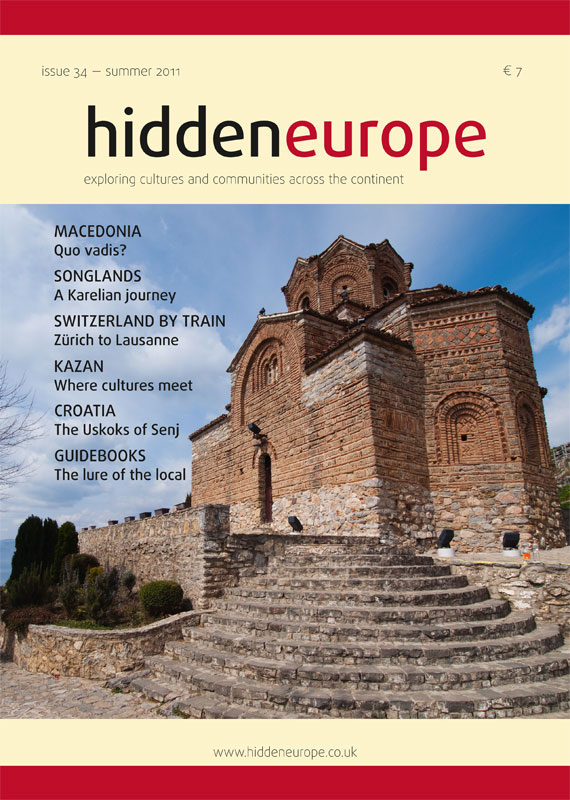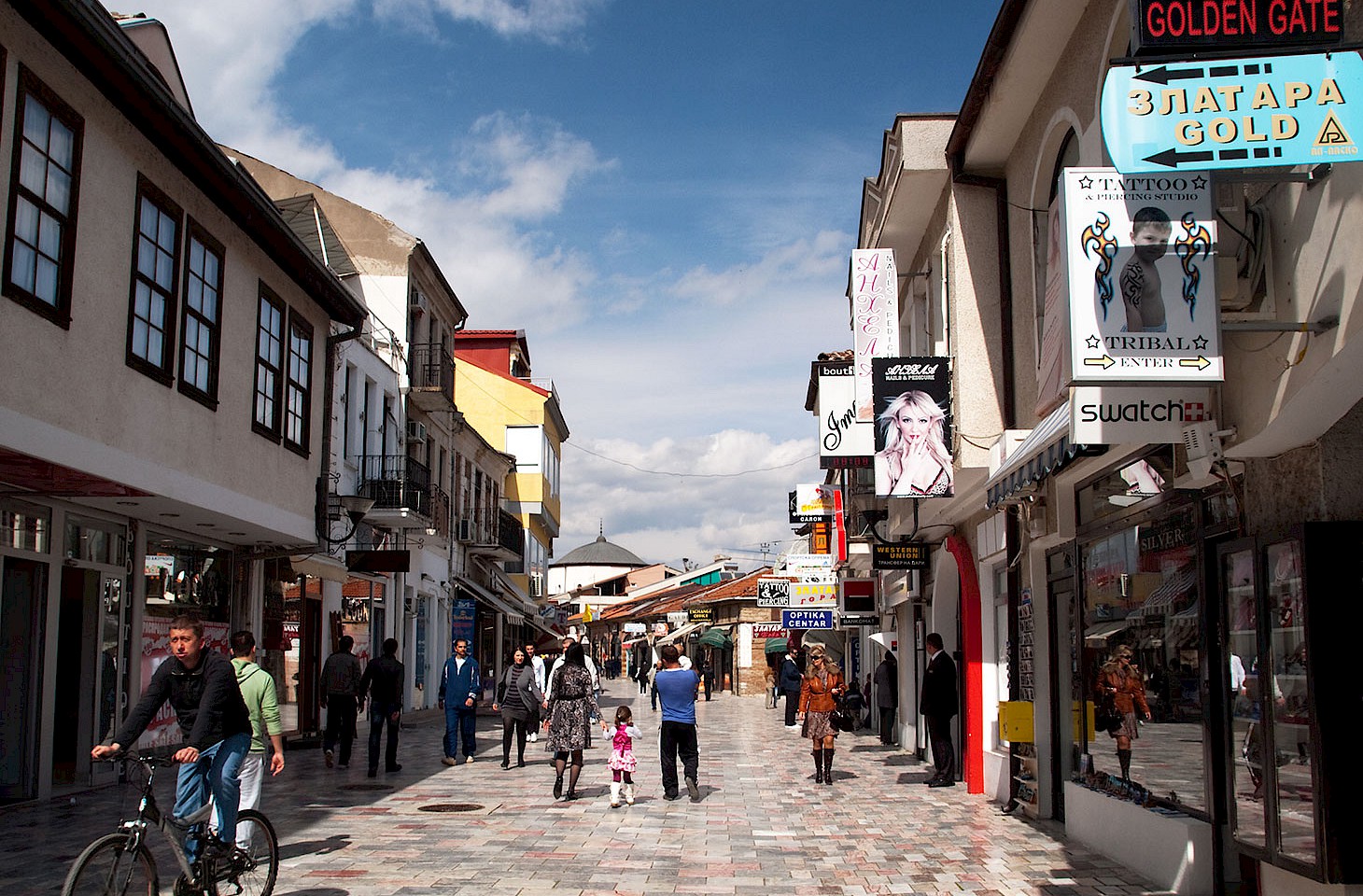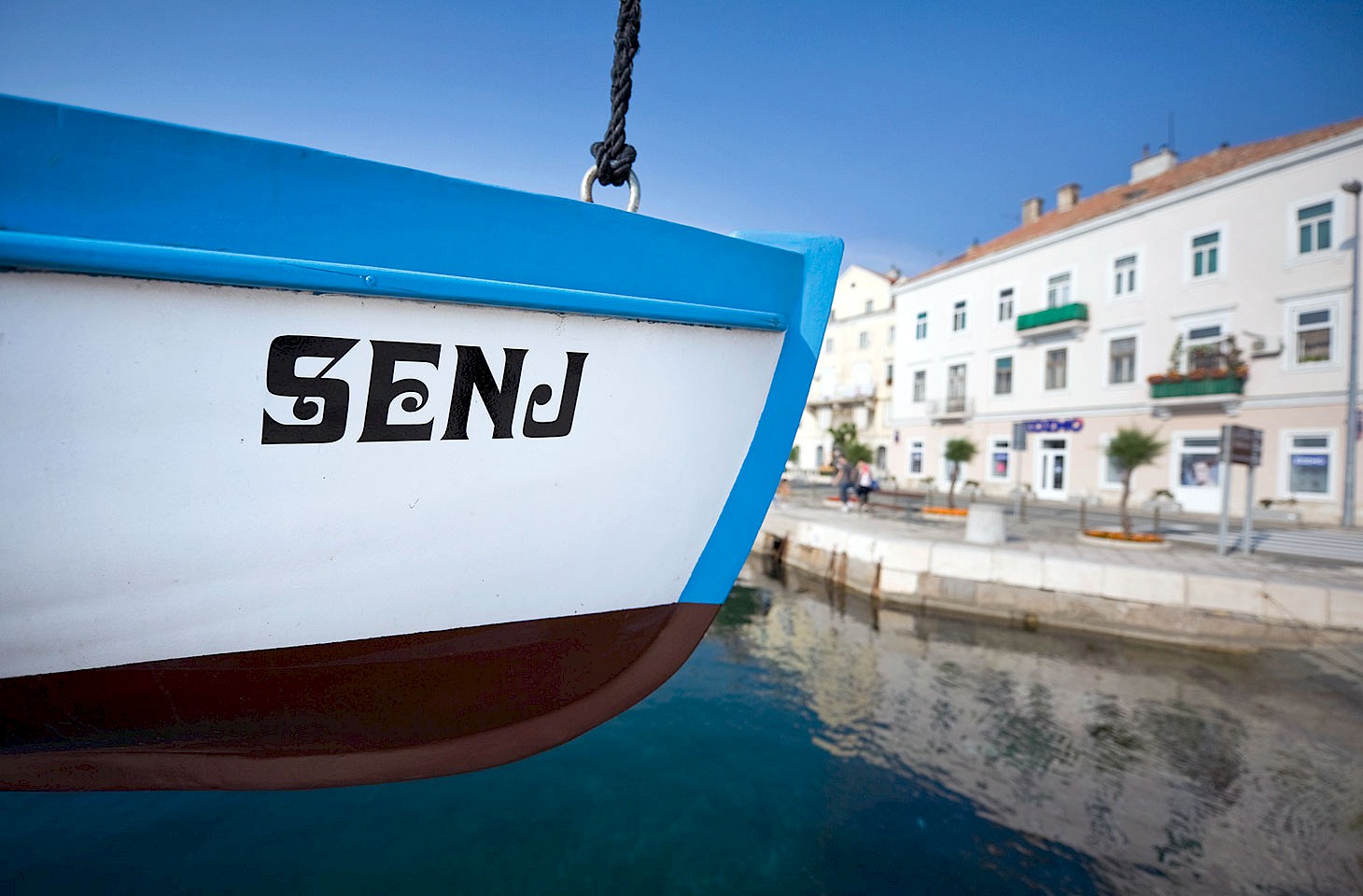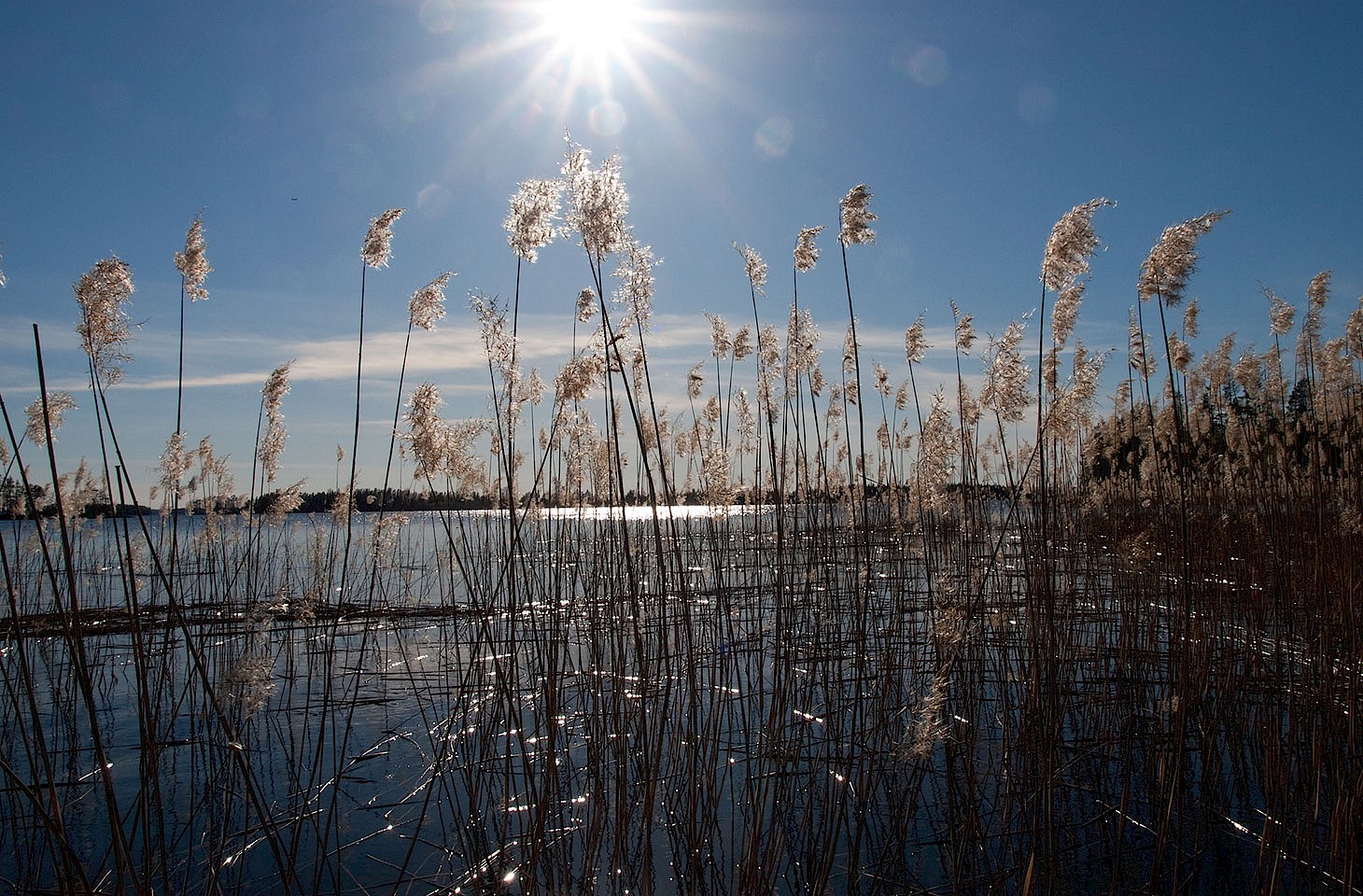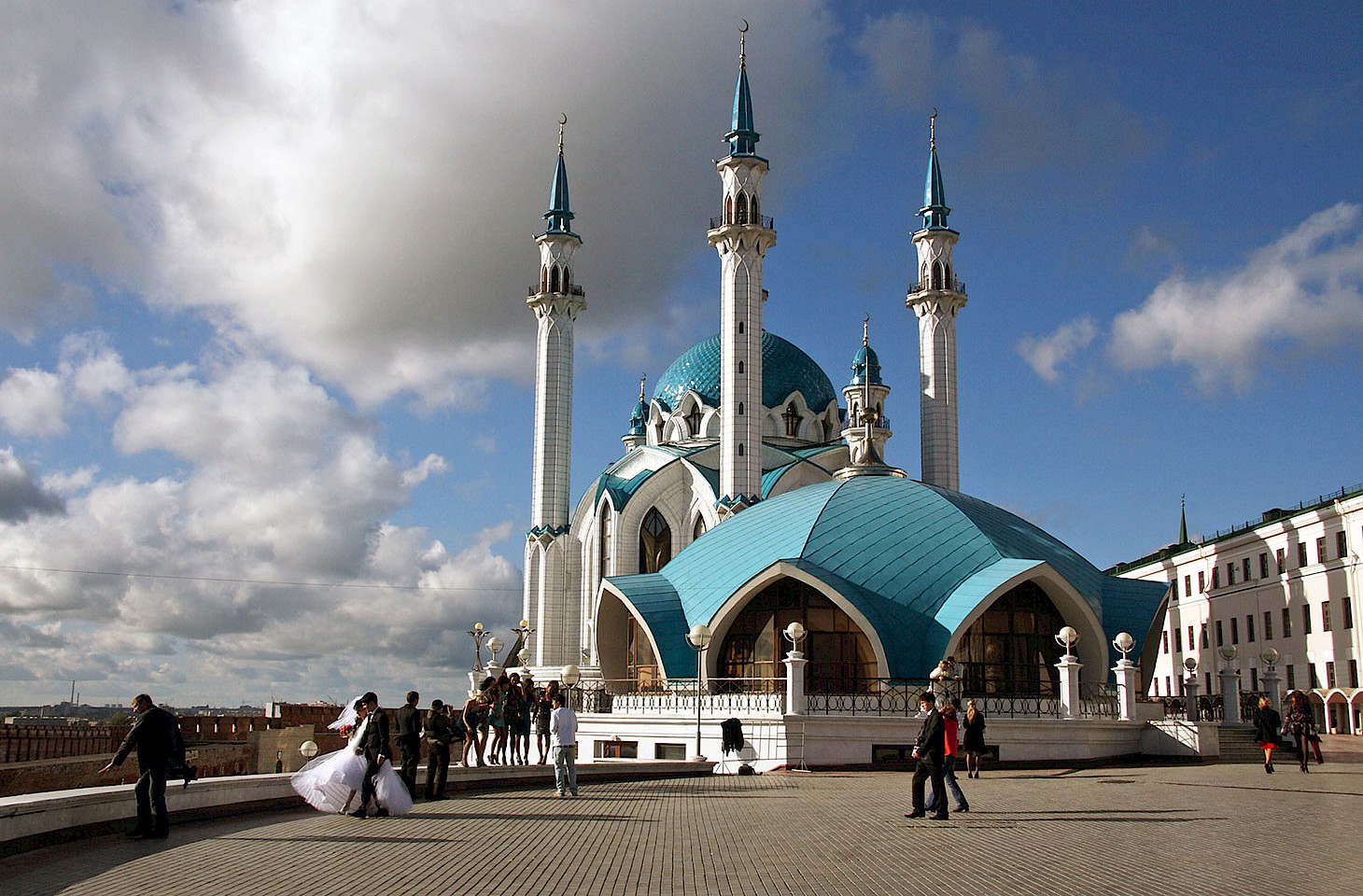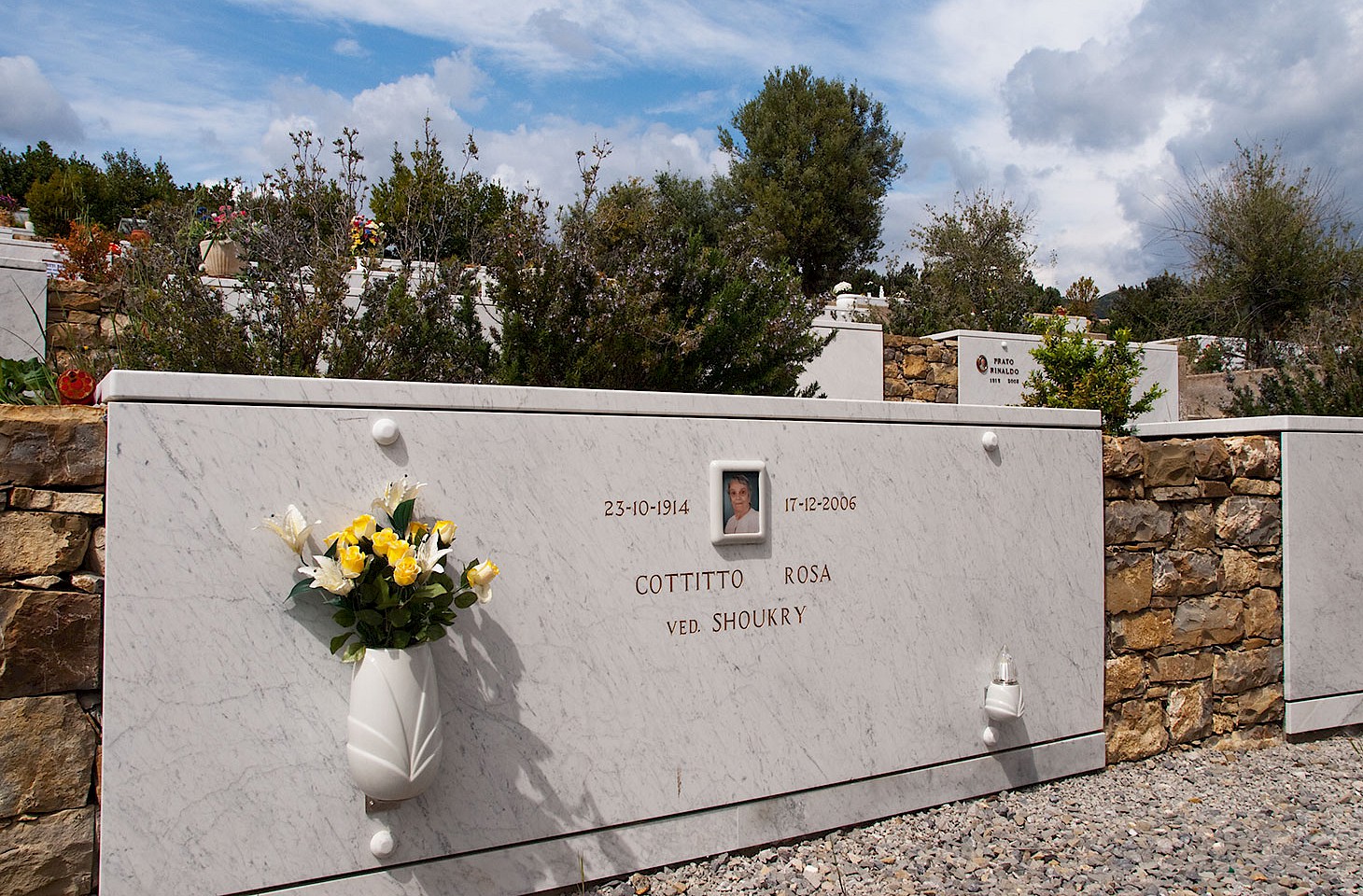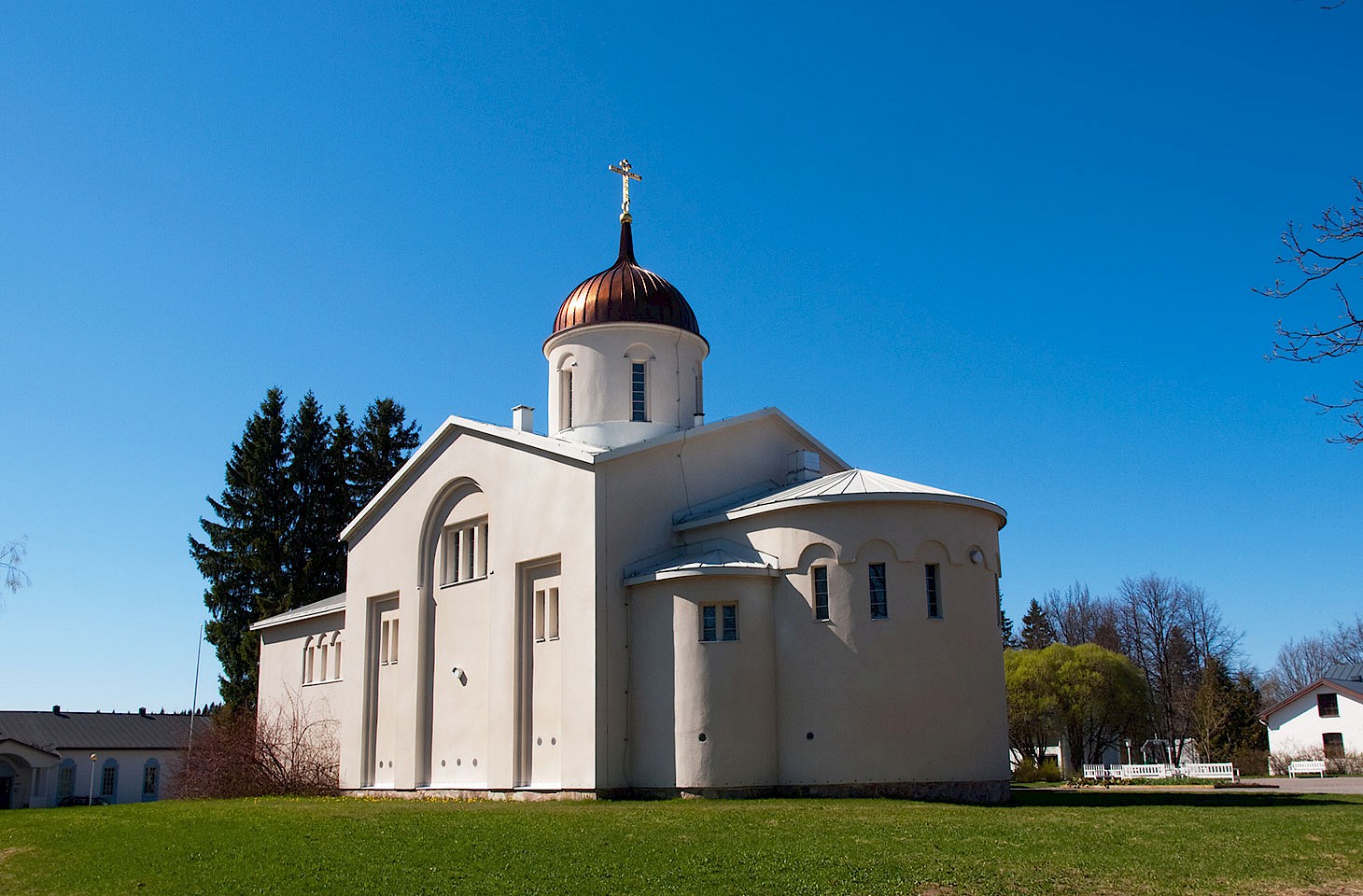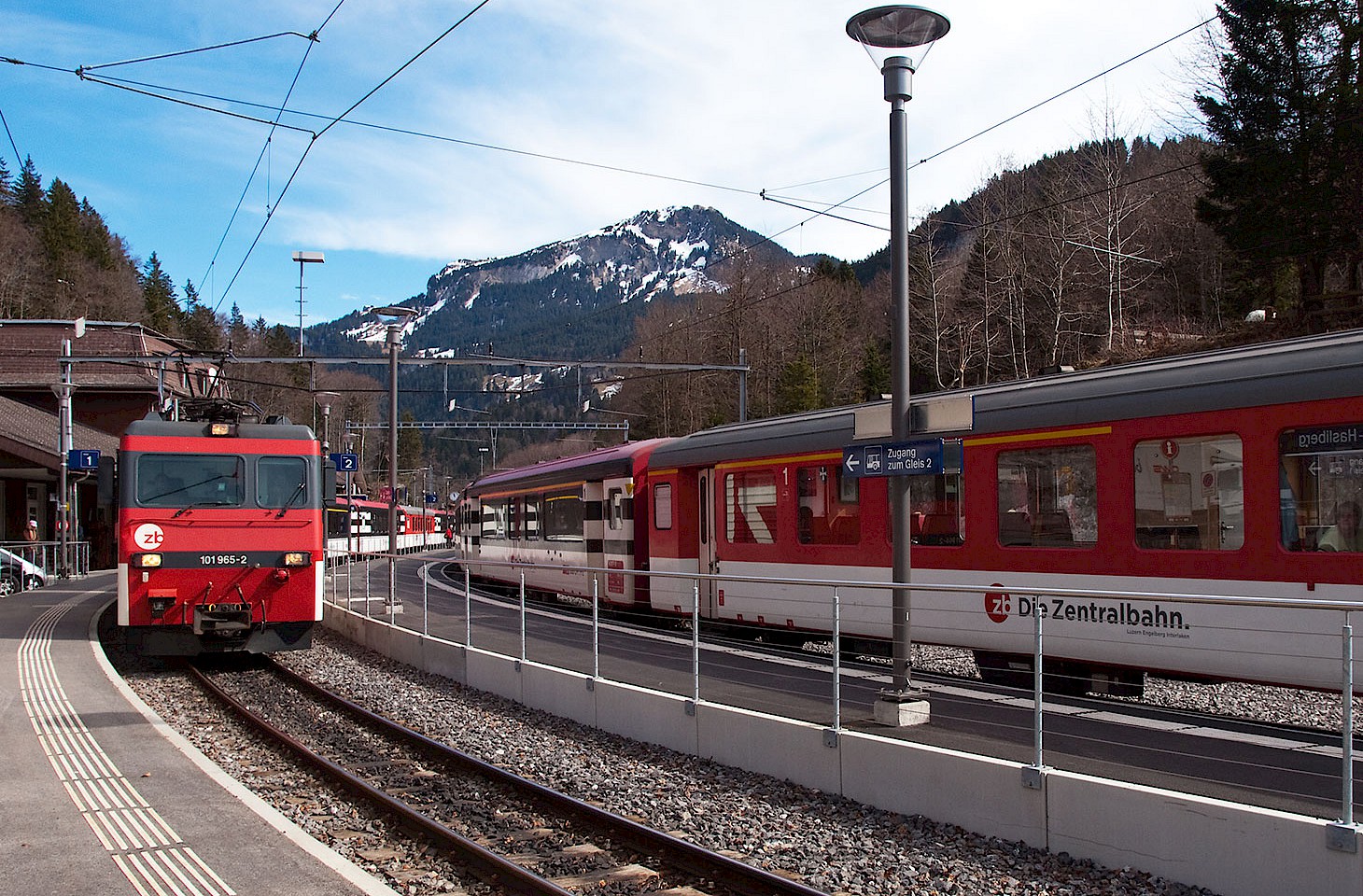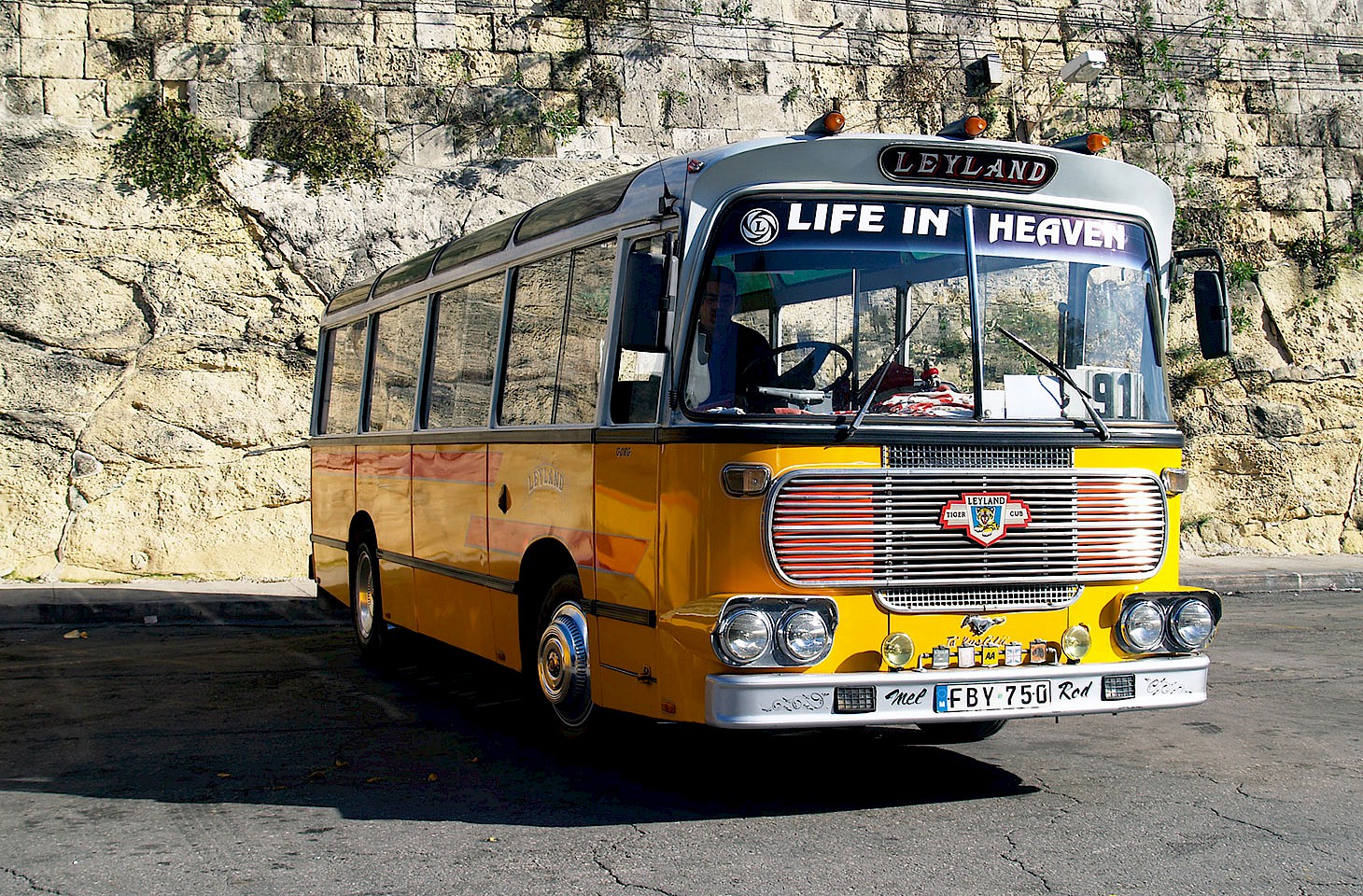Europe specialises in stories, and there are as many different tales of Europe as there are citizens of our continent. We look at some of those stories in this latest issue of hidden europe magazine.
hidden europe 34
This is the thirty-fourth issue of hidden europe travel magazine with articles on Macedonia, the Uskoks of Senj, Orthodoxy in Karelia, the Republic of Kazan, funky train names and the train journey from Zürich to Lausanne.
Picture above:
Kaneo, Macedonia (photo © hidden europe).
Summary
This is the thirty-fourth issue of hidden europe travel magazine with articles on Macedonia, the Uskoks of Senj, Orthodoxy in Karelia, the Republic of Kazan, funky train names and the train journey from Zürich to Lausanne.
Protecting the national narrative is a fine art in Macedonia, the south Balkan republic which neighbouring Greece insists should be referred to only as the Former Yugoslav Republic of Macedonia (or FYROM for short). Join us as we try and unravel the modern Macedonian question.
Ever heard of the Uskoks? Rudolf Abraham, a regular contributor to hidden europe, takes us to the Zumberak hills west of Zagreb in search of displaced Adriatic pirates.
Karelia is the land of the Kalevala, the great epic poem that so powerfully influenced the development of the Finnish national movement in the nineteenth century. We travel through the songlands of the Kalevala and look in particular at the role of Orthodox religion in Karelia and more widely in Finland.
Kazan, with its gleaming new developments and clean streets, is the capital of the Republic of Tatarstan. Laurence Mitchell, a long-standing writer for hidden europe, introduces us to a part of Europe that has deeply Islamic roots.
An innovative series of guidebooks to European cities and regions, produced by the Versailles-based publishing house Jonglez, prompts us to reflect on the quest for authenticity in guidebooks.
Landscape and architecture combine in a Ligurian valley to make us ponder our own mortality. The cemetery at Armea nicely maps the passage of the dead from personal memory through to collective subconscious.
The story of Victoria Island, a tiny fleck of land in the European Arctic midway between Svalbard and Franz Josef Land, is a reminder that there are better ways of conducting international diplomacy than leaving a message in a bottle.
This summer marks the 80th anniversary of the launch of one of Russia’s most famous trains, the ‘Red Arrow’ fast overnight service between Moscow and St Petersburg. hidden europe editor Nicky Gardner has been taking a look at some of Europe’s most memorably named trains — and a few less memorable ones.
To accompany our feature on Karelia in this issue of hidden europe magazine, we look at how Finland’s ceded eastern territories, now part of the Russian Federation, remain a potent symbol in the Finnish imagination.
The Glacier Express is one of Switzerland’s most celebrated rail journeys. But it is expensive and dreadfully touristy. Travellers looking to see the best of Switzerland by train could, we think, do better. The rail journey from Zürich to Lake Geneva via Lucerne, Interlaken and Gstaad is one of our favourite Swiss excursions by train.
The clean lines that we think divide religions often become very blurred in the Balkan region. Thus shrines may be claimed as sacred by adherents of more than one religion. We look at the phenomenon of syncretic shrines.
They call it progress. In early July, Malta’s splendid fleet of heritage yellow buses was replaced by modern vehicles run by transport conglomerate Arriva.
Did you know you can take the train to Brathlavstan or fly to MaastrAachen? The portmanteau title of Daniela-Carmen Crasnaru’s 1998 poetry anthology Austerloo prompts us to reflect on portmanteau terms in European geography.
Ildar Khanov lives in a temple of his own creation. It boasts a splendid array of minarets and domes that recall many of the world’s principal religions. Not quite what you might expect to find in the suburb of a city in the Russian Federation. But this is Russia with a twist, for Ildar Khanov lives in Tatarstan.
Kalmykia is the only political unit in Europe where Buddhism is the dominant religion. You think we jest! But it is true. We take a look at some of the lesser known republics within the European part of the Russian Federation.
A look ahead at hidden europe 35 which will be published on 15 November 2011.


